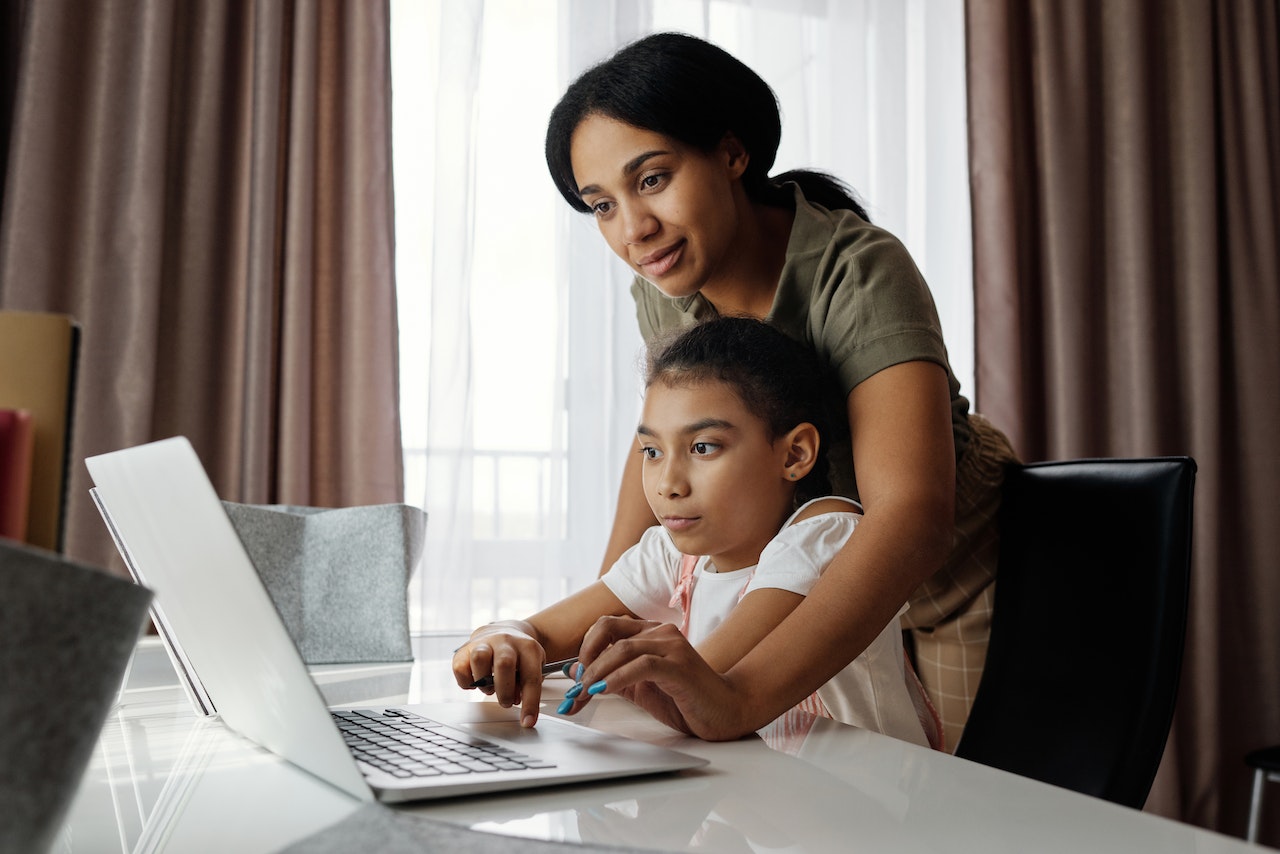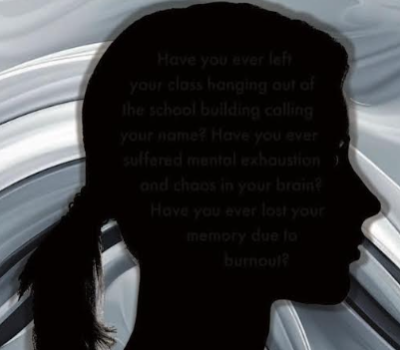


Our team sorts through all blog submissions to place them in the categories they fit the most - meaning it's never been simpler to gain advice and new knowledge for topics most important for you. This is why we have created this straight-forward guide to help you navigate our system.


And there you have it! Now your collection of blogs are catered to your chosen topics and are ready for you to explore. Plus, if you frequently return to the same categories you can bookmark your current URL and we will save your choices on return. Happy Reading!

If there’s one thing that most school children can be reliably predicted to look forward to, it’s the summer holidays. You can be the most eager and diligent student it’s possible to be, but the longest holiday of the year has much appeal. Unfortunately for parents, guardians and teachers, this is also the central issue of a knotty problem. Because the six weeks off from school is, well, six weeks that children aren’t doing schoolwork. Certainly, no one is denying that it’s important that people get to have breaks from work. Burnout can be a serious problem after all.
However, as any teacher can tell you, students coming back from the summer holidays are often not at the top of their game as far as academics go. Knowledge and skills they gained in the previous school year can be lost to a degree. This is known as summer learning loss, and it’s what can happen when students spend six weeks not doing anything academic. So this leaves parents and guardians with a problem that feels like a bit of a tightrope to walk. How do you prevent (or at least limit) summer learning loss for young children without robbing them of their holiday?
Fortunately, once you change your perspective slightly, this becomes a much more manageable problem. The structure of formal education can give the impression that learning has to be ‘work’. So it’s easy to forget that the earliest way that children start to learn is through play. And there are different ways to approach this, depending on what you’re aiming for. If you simply want your children to do something other than sit in front of the TV all summer, there are plenty of fun activities you can do with them outdoors. These experiences will not only engage them more actively than watching TV, but will help them be more physically active. If you’re looking for a quiet activity indoors which can serve as an alternative to TV, encouraging your child to read is an activity with many mental benefits, including increased focus and ability to visualize.
On the other hand, perhaps you’re looking for options which are more specifically focused on different aspects of the school curriculum. If you’re looking for a way to refresh and reinforce material learned in school, there may be a limit to how much of this you can cover via games and outdoor activities. However, that doesn’t mean you can’t make going over school material less dry and more engaging. There are plenty of activity booklets for subjects like English and Maths which can make the ‘work’ seem more of a fun activity. Not that this is to say that all the lessons of the curriculum need to be covered via sitting down and writing.
Science is an excellent topic to go over during the summer holidays due to the practical side of it. By engaging your children in practical science experiments, you have a way to engage them in learning in a way that they’ll find entertaining. And it also provides a great opportunity to help increase your child’s interest and confidence in science-based lessons.
Summer learning loss is something which, by definition, teachers are less equipped to deal with than parents or guardians. After all, generally speaking, children don’t see their teachers much over the holidays. And, if they do, it’s considered poor form to try and hand out assignments to do. But that doesn’t mean teachers can’t end the school year in a way that encourages summer learning. While spending the last few lessons of the year watching films is certainly one option, why not give them some puzzles and activities to test themselves on?
In the end, there’s no one perfect way to lessen summer learning loss; it’s simply a matter of picking the methods which work best for your child and their situation.

The author

Read more

Read more

Read more

Read more

Read more

Read more

Read more

Read more


Are you looking for solutions? Let us help fund them! Nexus Education is a community of over 11,000 schools that come together to share best practise, ideas and CPD via online channels and free to attend events. Nexus also offers funding to all school groups in the UK via nexus-education.com


Established in 2011, One Education is a company at the heart of the education world, supporting over 600 schools and academies. Our unique appeal as a provider is in the breadth and synergy of the services we offer, supporting school leaders, teachers and support staff to achieve the best possible outcomes for their pupils and staff.

School Space is a social enterprise that has empowered schools for over 12 years through their profitable and hassle-free lettings services. So far, they’ve generated over £5 million in revenue for education, helping to connect over 200 schools with their local communities.


Unify is an online sales and marketing tool that allows users to create tailored personalised documents in moments.


There’s nothing special about the energy we sell. In fact, it’s exactly the same energy as all our competitors provide. But there is something special about the way we do it. Where others complicate the process, we simplify it. Where others confuse customers with hidden terms, we’re an open book. And where others do all they can to make as much money from their customers as possible, we do all we can to make as little. Everything we do, we do it differently. Our customers are a privilege. One we’ll never take advantage of.


Securus provide market-leading monitoring solutions to safeguard students on ALL devices both online and offline. We also offer a full monitoring service, where we carry out the monitoring on behalf of the school, freeing up valuable staff resources. From the smallest school to large MAT groups, Securus offers safeguarding protection for all!


Bodet Time offers dedicated solutions to education through lockdown alerts, class change systems, PA and synchronised clock systems. Improving time efficiency of the working and school day; ensuring safety through lockdown alerts; increasing communication with customised broadcast alerts.


Robotical makes Marty the Robot - a walking, dancing coding robot that makes programming fun and engaging for learners as young as 5. Our robots come with a full Learning Platform that has complete teaching resources, to make lesson planning a breeze.